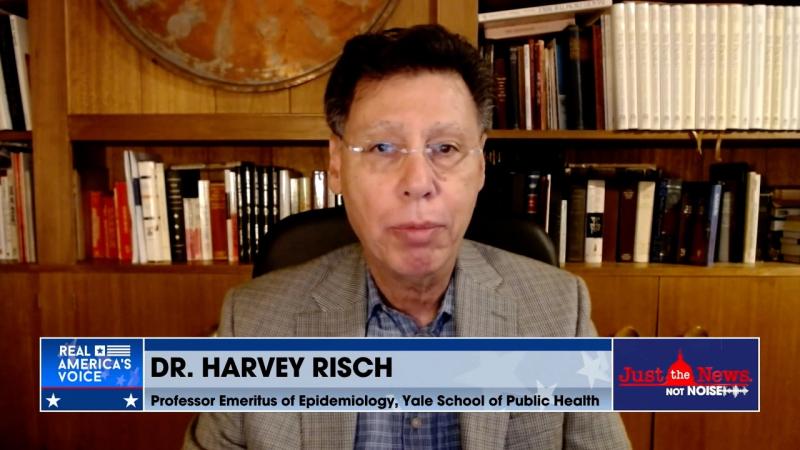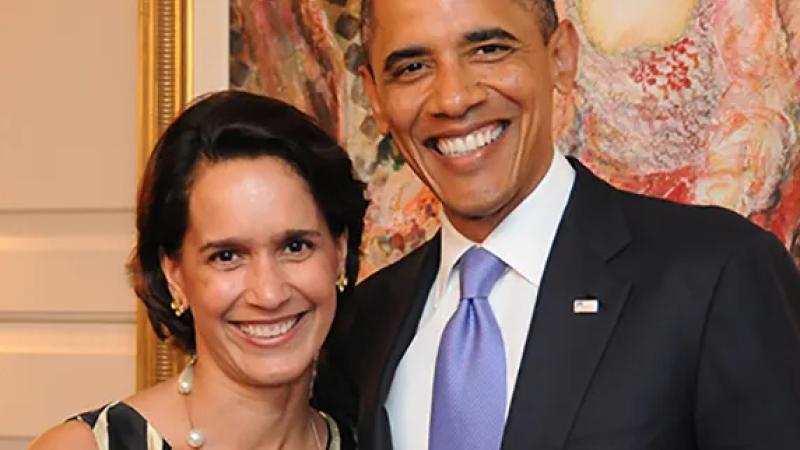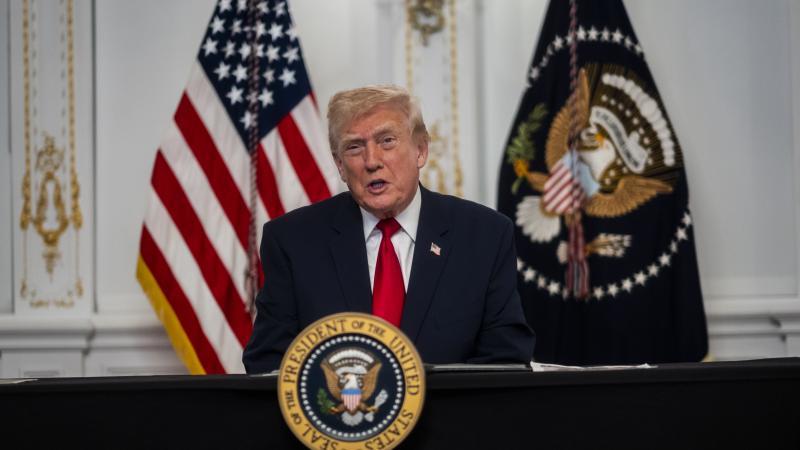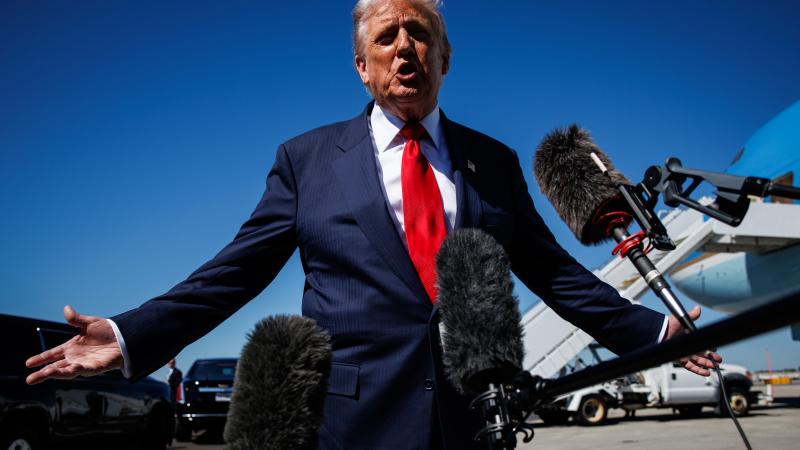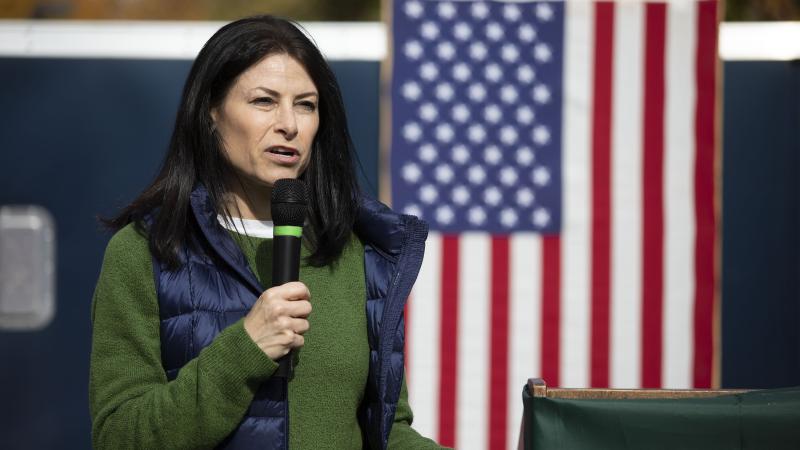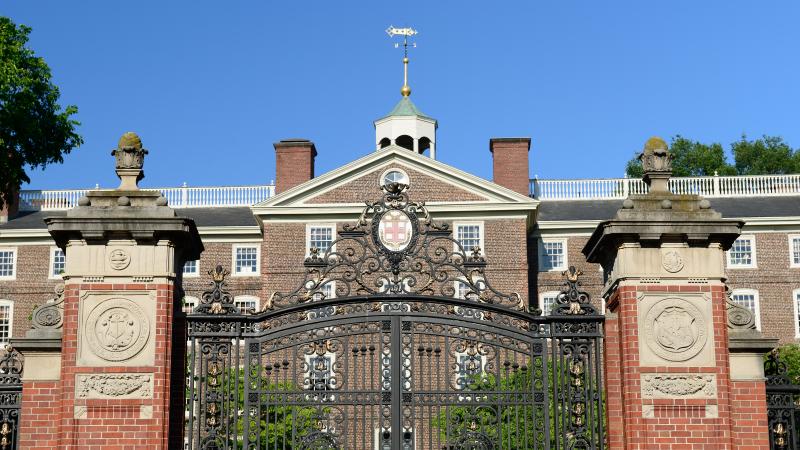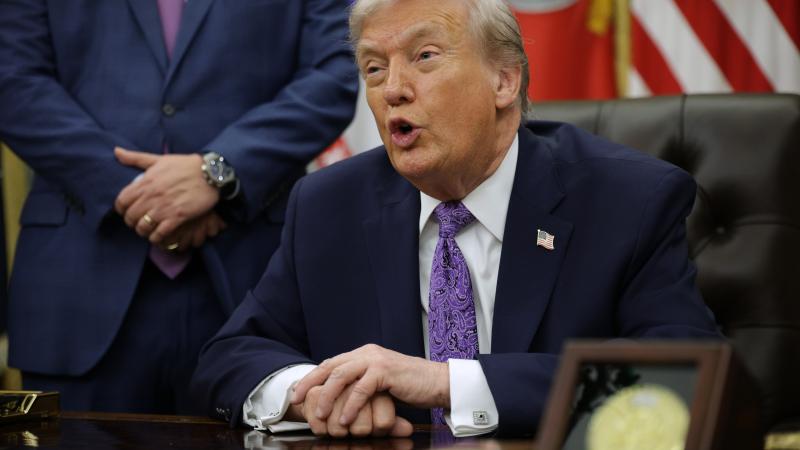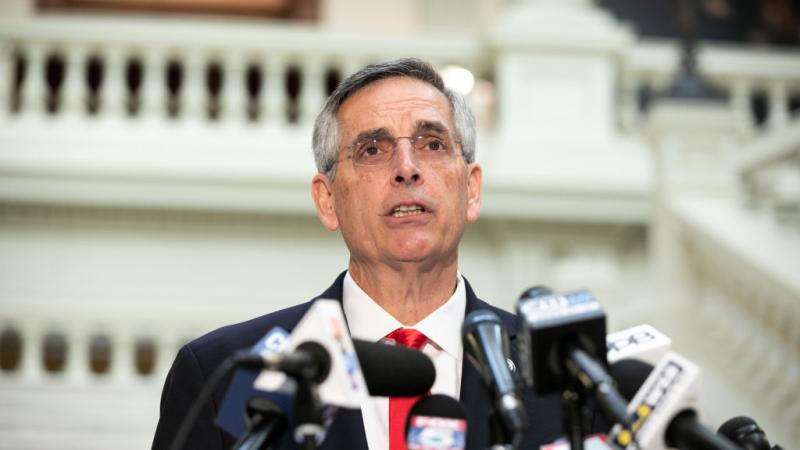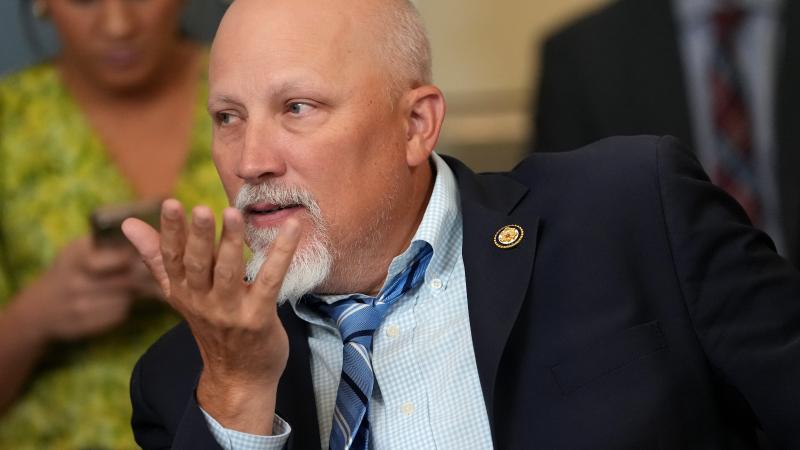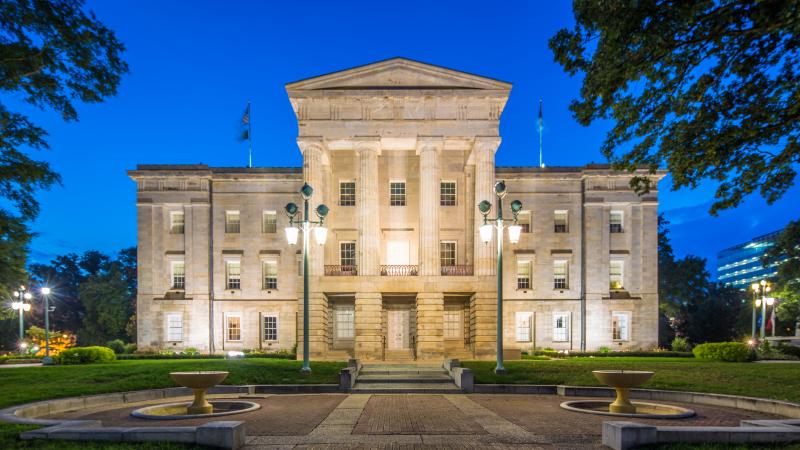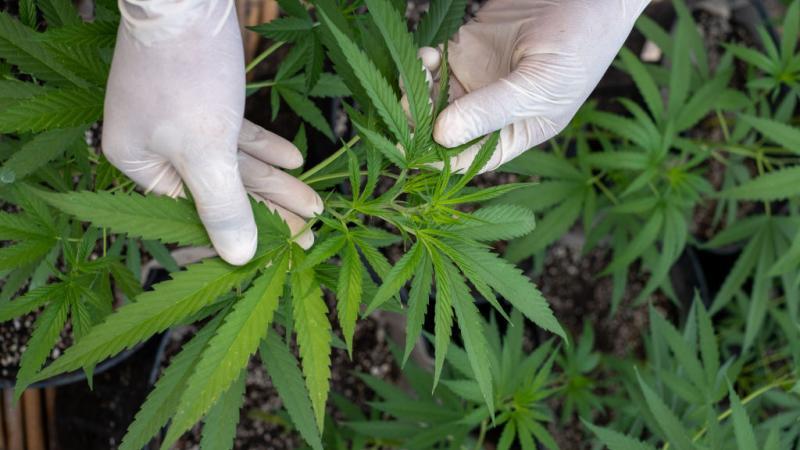Dr. Fauci now says it could take up to 90% herd immunity in U.S. to end pandemic
Top immunologist says he kept number low because country wasn't 'ready’ for truth
Dr. Anthony Fauci now says it could take up to 90% herd immunity across the U.S. to end the COVID-19 pandemic, means it could until mid-summer 2021 or longer to reach that number.
Experts have repeatedly said the magic number was 60% to 70% herd immunity, which means so many people are carrying antibodies for the virus that spread drops off precipitously.
But Fauci, an immunologist and director of the National Institute of Allergy and Infectious Diseases who served on the White House Coronavirus Task Force, has been upping that number in recent weeks. He said Wednesday that he didn't reveal his new higher estimate until now because he feared Americans might not take the COVID-19 vaccine.
"When polls said only about half of all Americans would take a vaccine, I was saying herd immunity would take 70 to 75 percent," Fauci told The New York Times. "Then, when newer surveys said 60 percent or more would take it, I thought, 'I can nudge this up a bit,' so I went to 80, 85."
Then he went even higher.
"We need to have some humility here. We really don't know what the real number is. I think the real range is somewhere between 70 to 90 percent. But, I'm not going to say 90 percent," he said, even though he just set the high end of what is needed to reach herd immunity.
Fauci told The Times he is raising the number "partly based on new science, and partly on his gut feeling that the country is finally ready to hear what he really thinks.”
The Centers for Disease Control and Prevention announced Wednesday that more than 1 million Americans have already received a COVID-19 vaccine.
The CDC's Advisory Committee on Immunization Practices on Dec. 2 voted to direct that healthcare workers and residents of long-term care facilities will be the first to get the shots in the initial rollout – once federal regulators authorize use of a vaccine. The recommendation was approved CDC Director Robert Redfield, but governors will eventually have the final say on who gets the vaccine first.
In another announcement last week, the CDC laid out more specifics, saying people 70 and older will also get early access to the vaccine. But for many Americans, it could be as long as six months until it's their turn to get the shots.
Pfizer's vaccine, the first in the U.S., was approved Dec. 11 by the FDA for emergency use authorization. That vaccine is already being distributed and put into use. The FDA on Dec. 18 also approved Moderna's EUA request.
Moderna said its data showed their vaccine was 95% effective in its late-stage clinical trial, the same as Pfizer's. The Moderna vaccine was developed in conjunction with the Trump administration’s Operation Warp Speed.
A key advantage of Moderna’s vaccine is that it does not need sub-zero storage like Pfizer’s, which needs to be stored at -94 degrees.
A third vaccine is also in the pipeline. AstraZeneca and Oxford University on Nov. 23 said their jointly created COVID-19 vaccine has proven to be up to 90% effective and the makers claims will be easier to distribute.

